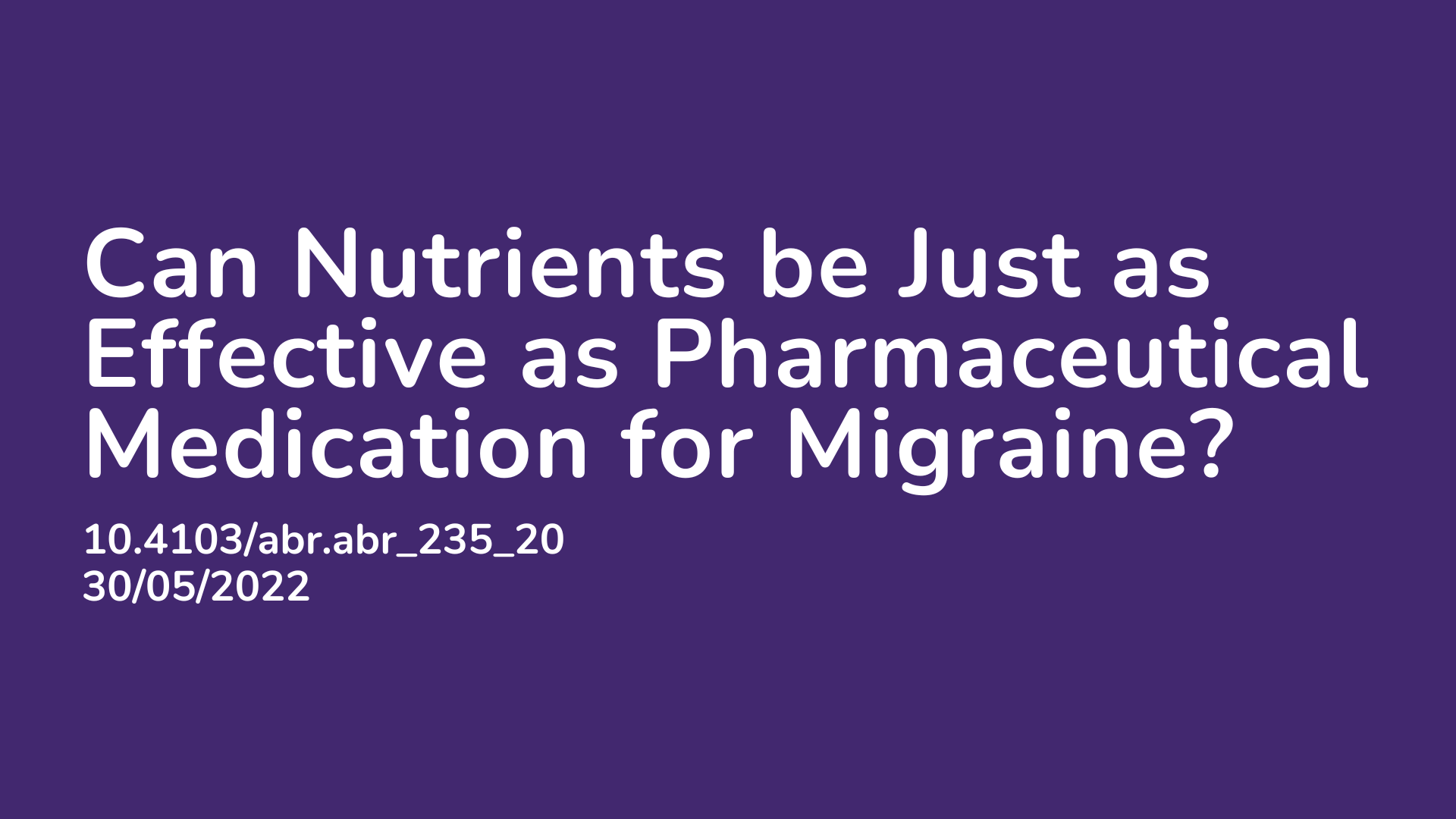Summary:
Migraine, a prevalent headache in children, significantly impacts both the affected children and their families’ quality of life. Migraine can cause debilitating pain that can sometimes linger for up to four days. The management of migraine involves two approaches: preventative measures and the control of acute attacks. Various anti-depressant drugs such as amitriptyline are commonly prescribed for its effectiveness in headache control but accompanied by some adverse side effects. The quest for effective medications with fewer side effects has become increasingly crucial. This randomized clinical trial involved 72 patients aged 5-15 years diagnosed with migraine. The study aimed to compare the efficacy of coenzyme Q10 in reducing the frequency, duration, and severity of childhood migraines. A questionnaire was used to assess the participants quality of life. The results showed that coenzyme Q10 demonstrated positive therapeutic effects in children, particularly with prolonged use. Amitriptyline exhibited a faster initial response, however after three months of treatment, the clinical outcomes in both groups did not significantly differ. Notably, children using amitriptyline reported more side effects compared to those using coenzyme Q10. The results therefore suggest that coenzyme Q10, with fewer side effects and a similar therapeutic efficacy, could serve as a viable option for the treatment of childhood migraine headaches.
Abstract:
Background: Migraine, one of the most common headaches in children, has a significant impact on children and their family’s quality of life (QoL). There are two approaches for controlling migraine headaches preventative and controlling acute attacks. Several drugs have been used for this purpose, and tricyclic antidepressants were at the top. Amitriptyline has shown not only a desirable effect on controlling the headaches but also some adverse side effects. Recently, finding effective drugs with fewer side effects, become more critical. Among them, nutraceuticals were one of the promising ones. Materials and Methods: In this randomized clinical trial on 72 patients aged 5–15 years old with diagnosis of migraine based on the International Headache Society criteria, we compare the effectiveness of coenzyme Qten on frequency, duration, and severity of childhood migraine. For comparing the QoL, we used the International PedMIDAS questionnaire. Results: Coenzyme Qten showed good therapeutic effects in children, especially in long-term use; however, amitriptyline showed more rapid response. After 3 months of treatment, clinical outcomes in the two groups did not significantly differ from each other. Similarly, Children’s QoL increased in the same way. There are more reported side effects in children using amitriptyline compared to coenzyme Qten. Conclusions: According to results, Co-enzyme Q10, with fewer side effects and comparable therapeutic effects, especially in the long term, could be a good drug for prophylactic treatment of migraine headaches.
Article Publication Date: 30/05/2022
DOI: 10.4103/abr.abr_235_20



